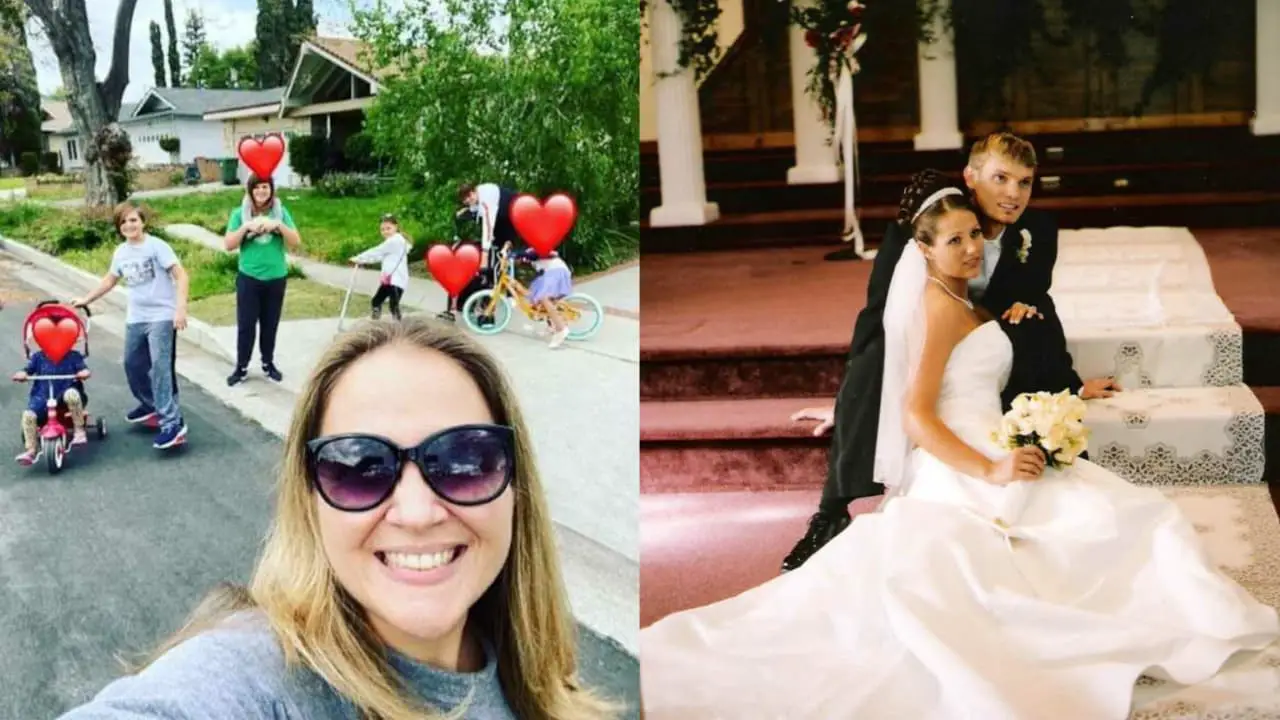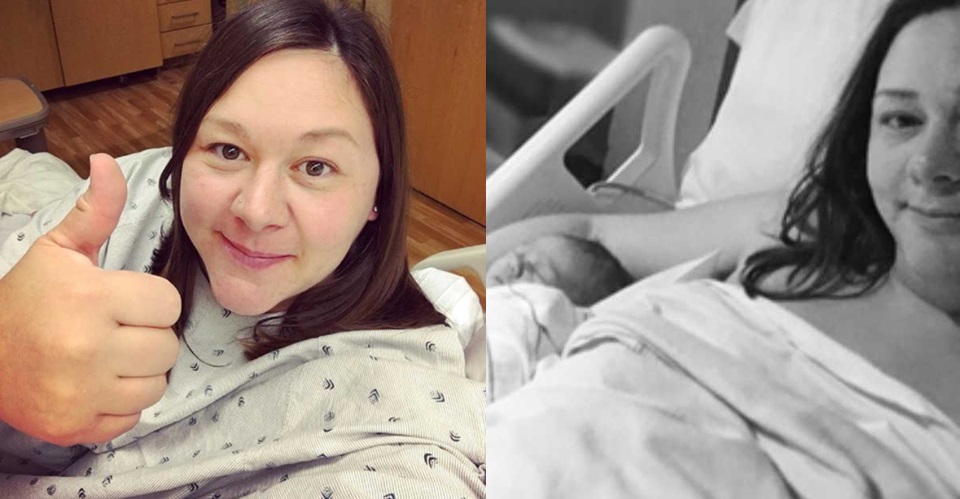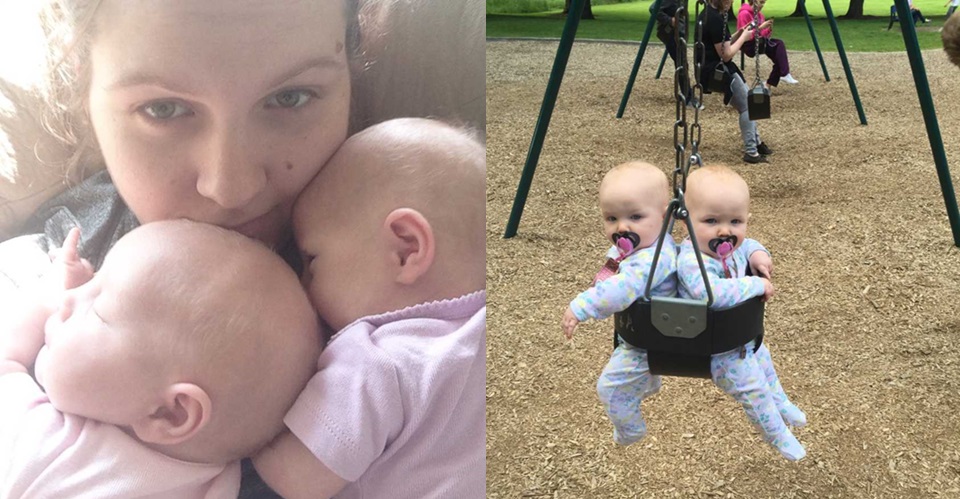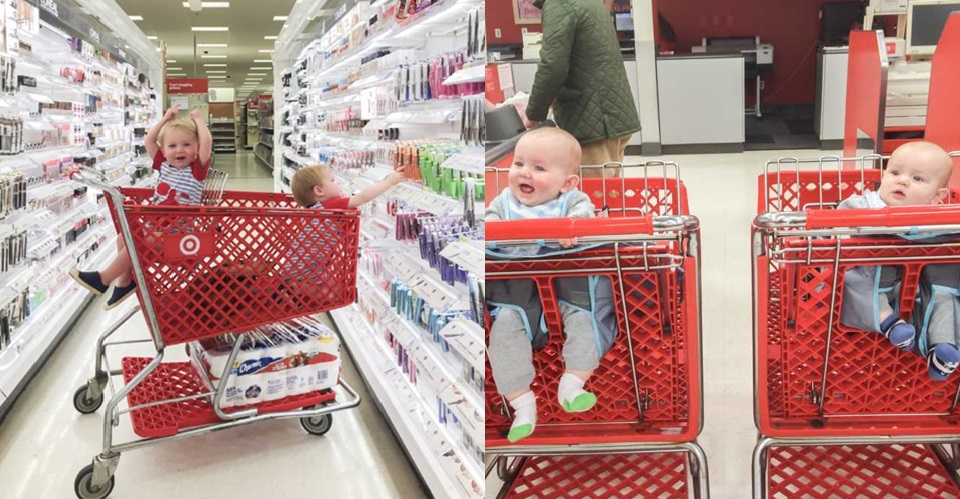I used to believe in the saying “ignorance is bliss.” There were times I wished I didn’t know that in my city alone, more than thirty-five thousand children don’t have a stable home. Many of them, through no fault of their own, will live in fifteen or twenty different houses before they turn eighteen, never knowing the feeling of belonging to a family. At times I missed the ignorance, but most days I am grateful to be called “Dad” by children who never really had one.
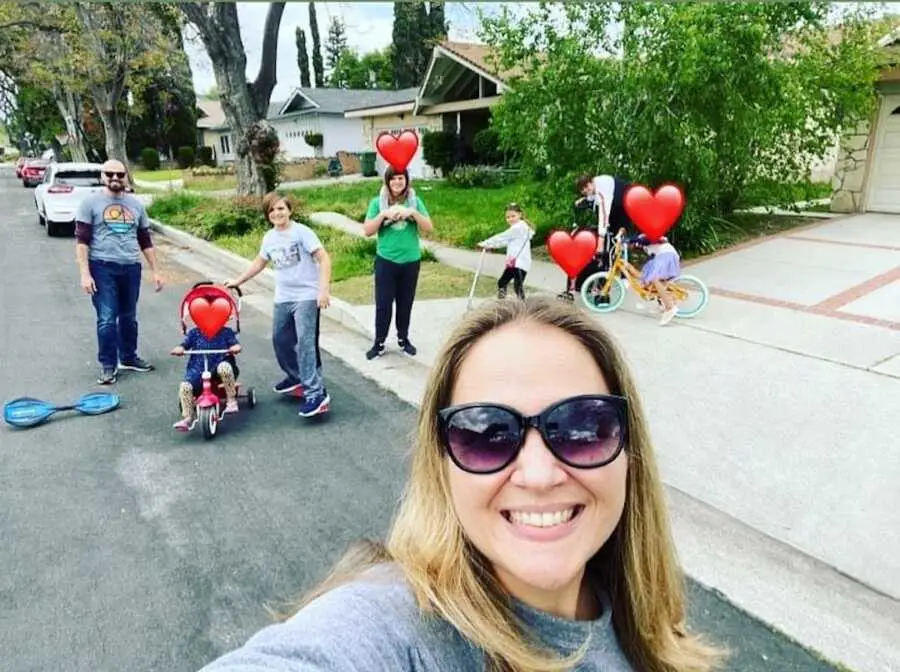
I always knew foster care existed, but it was more like an idea than a reality to me, the same way I know about global hunger but don’t have a name or face of someone starving. That changed because of some brave people in our church. One couple, who had recently adopted their son, looked me in the eye and said, “We want to teach you how to love our family.” I didn’t have experience with fostering or adoption, but I was willing to learn. And I had so much to learn, about poverty, about broken systems, about how many children are left vulnerable to exploitation.
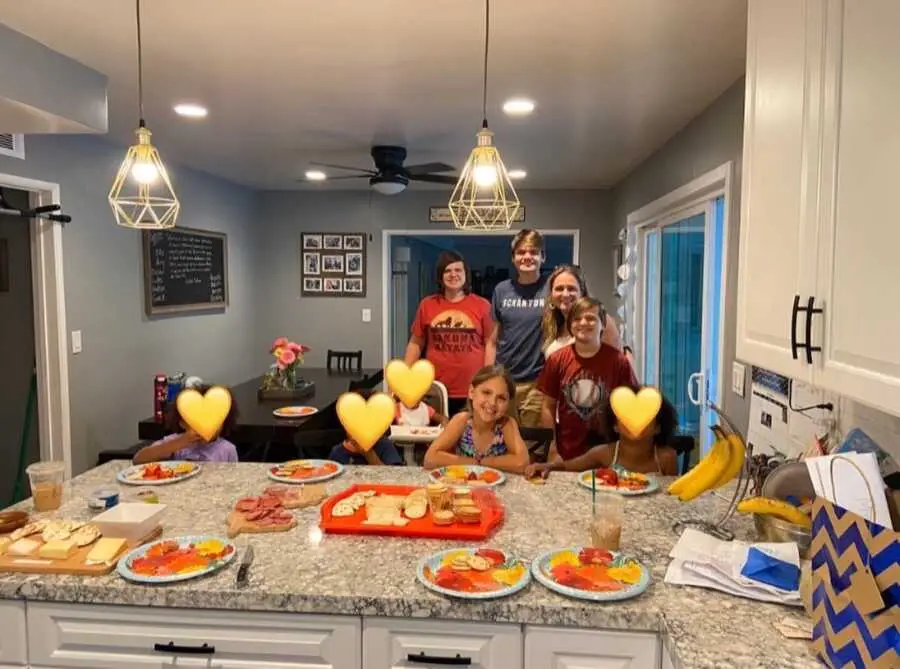
Not long after, my wife met a mother of four little ones, all under the age of seven. She was battling stage 3 breast cancer and struggling to provide even the basics for her kids. In our county, something as small as not having enough beds can lead to children being removed from their home. We brought over beds and supplies, thinking we’d just lend a hand. But within two weeks, our lives changed completely.
On March 18, 2020, right as the pandemic began, we got a call from a social worker. The children we had just met were no longer safe with their mother, and they needed a family to take all four at once. Keeping siblings together is rare in foster care, but we wanted to try. We already had four children of our own, most of them teenagers, so the only way this would work was if we all agreed. After talking as a family, we said yes. That night, at one in the morning, the social worker arrived at our door with four frightened children. They had nothing with them but the clothes they wore, one toddler only had a diaper and a blanket.

Those first days were overwhelming. The kids were quiet, unsure if they could trust us. But slowly, they opened up. We learned their personalities, their quirks, their way of expressing love and fear. Because of the pandemic, visits with their mom were only over Zoom. The kids prayed for her every night. They believed they were with us until she finished her “homework,” which really meant parenting classes and drug tests. It broke our hearts to see their hope.
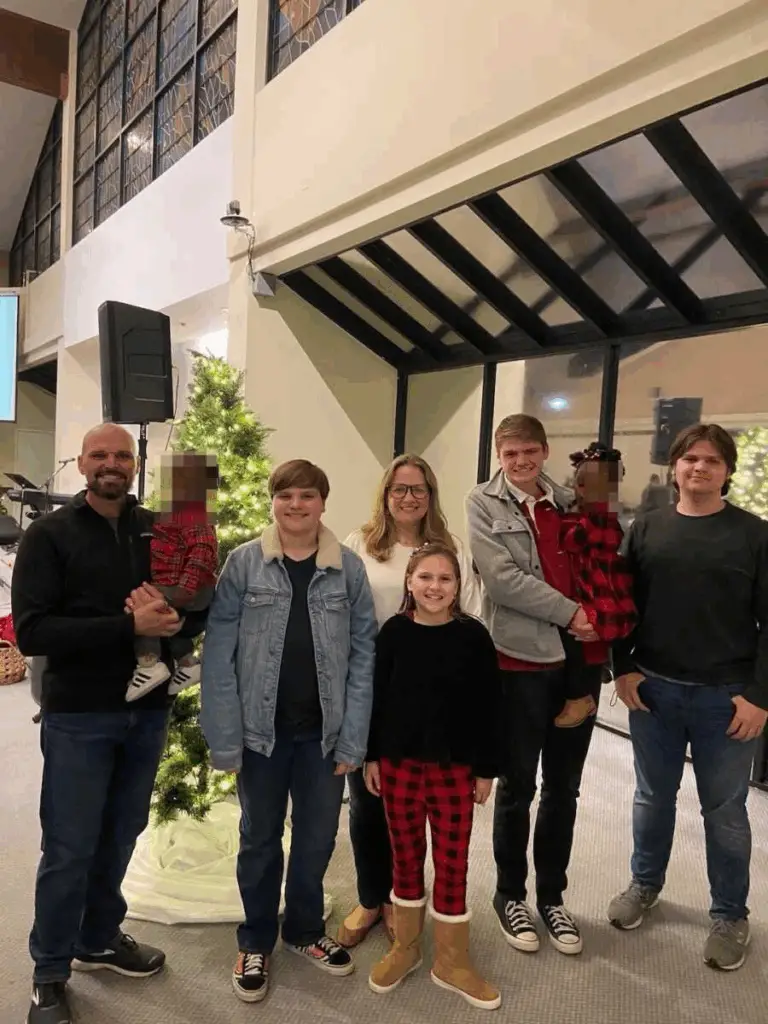
I had to wrestle with my own judgments. At first, I couldn’t understand why the children still longed for their mom, even after all they’d been through. But I came to realize something important, my safe home, filled with food and love, wasn’t automatically “better.” A child’s bond with their parent runs deeper than anything. The goal of foster care is reunification, not replacement. That truth was humbling to accept.
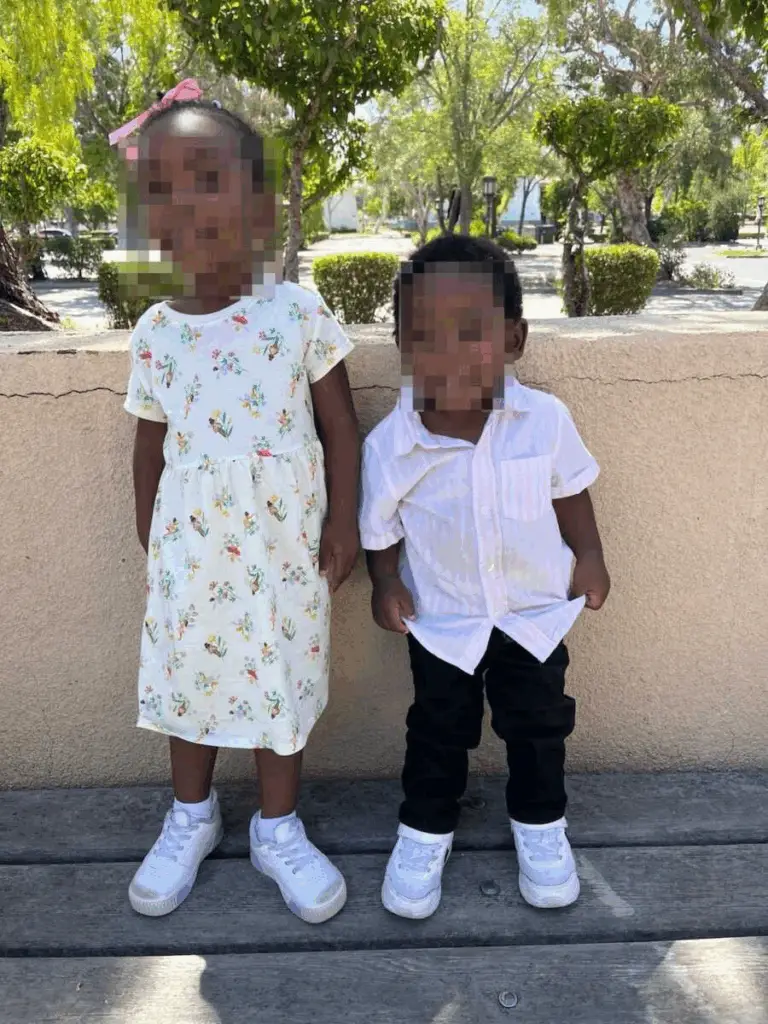
Sadly, their mom’s health worsened, and she passed away soon after. Eventually, an aunt was located who could take the children. It was the right step, but letting them go was heartbreaking. All six of us cried as we drove away for the last time. Foster care is full of conflicting emotions, joy and grief live side by side.
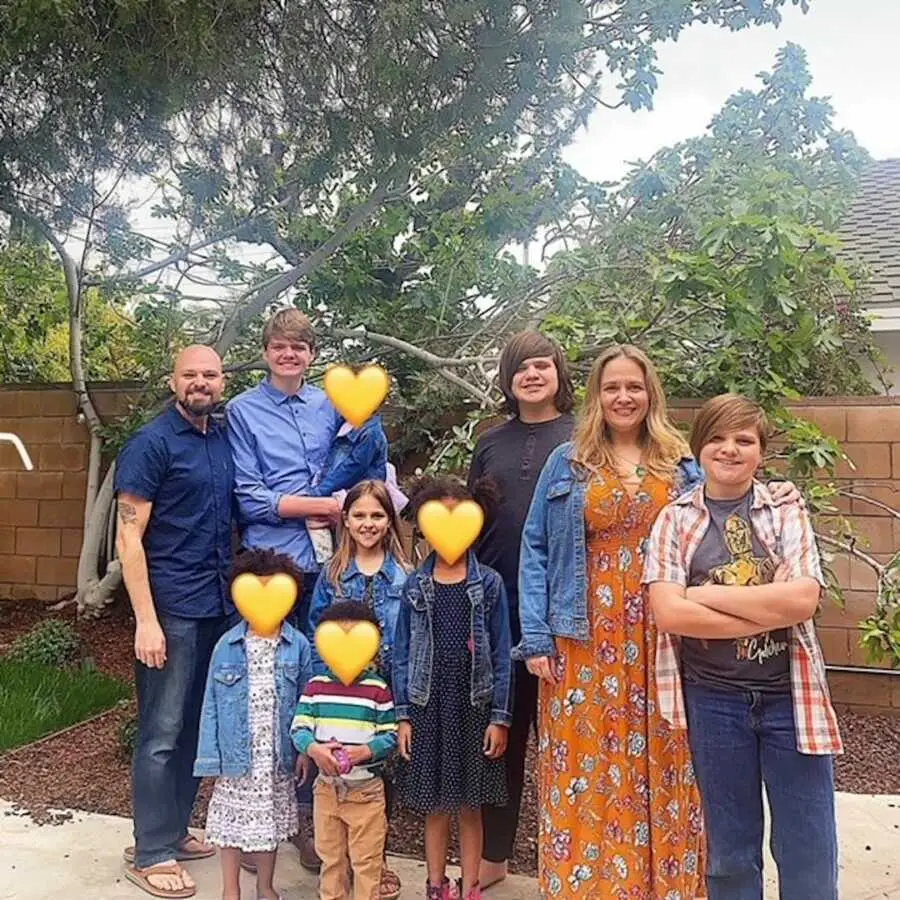
Months later, we welcomed another set of siblings, a baby boy and his three-year-old sister. Their mother was different, determined, strong, and ready to fight to get her kids back. This time, I wanted to approach things with more respect, less judgment. I reminded myself that our job was not to replace her, but to stand in the gap until she was ready. Over time, I came to admire her courage and resilience. After a year, the children went home to her, and we had the bittersweet joy of saying goodbye.
Foster care has not been easy on our family. My children have had to adjust, share space, and deal with heartbreak. But they’ve also grown stronger, more compassionate, and more resilient. We’ve learned to sit with both the beauty and the brokenness, to accept that not every story ends neatly.
Through all of this, one truth stands firm: the greatest gift we can give is helping children go back where they belong, home with their families.
